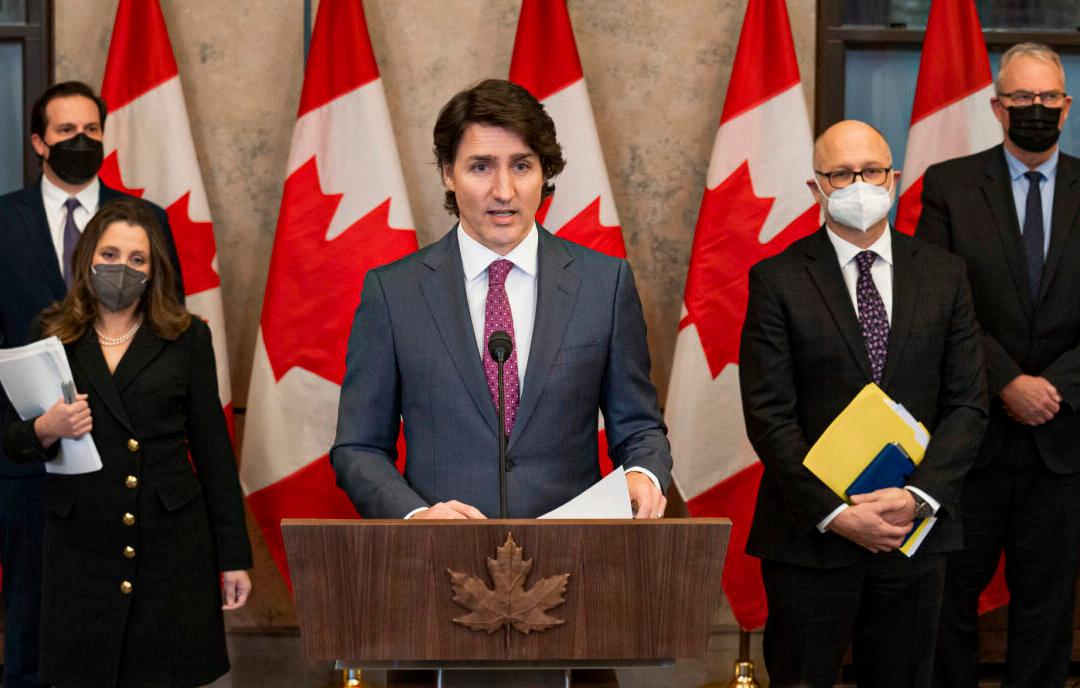Ottawa’s recent $10 million emergency donation to the U.N. agency that helps Palestinian refugees has drawn criticism from Canada’s former ambassador to Israel and Jewish groups who say the agency is in need of serious reform, including curbing the incitement of hate against Israel in its classrooms.
Following the U.S. government’s decision in January to withhold $65 million of its $125 million planned funding to the UN Relief and Welfare Agency for Palestine Refugees (UNRWA), the head of the agency appealed to other donor countries to supply emergency humanitarian aid, claiming the loss of U.S. funding would risk instability in the region.





